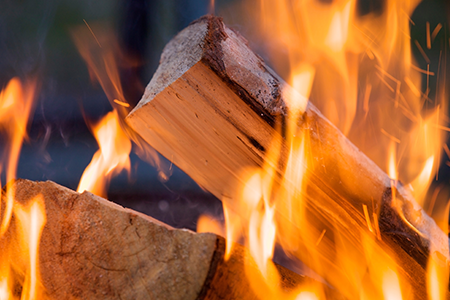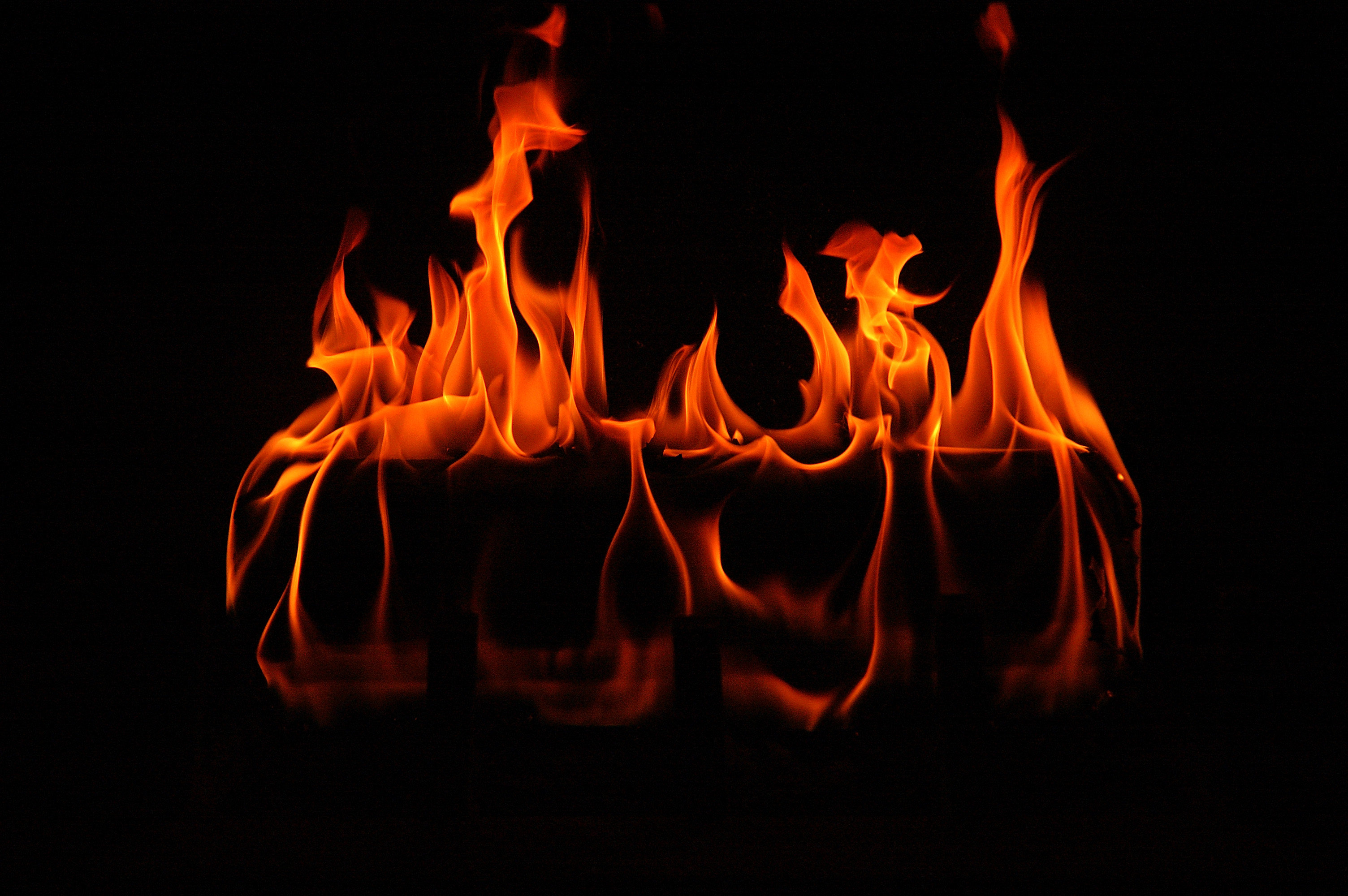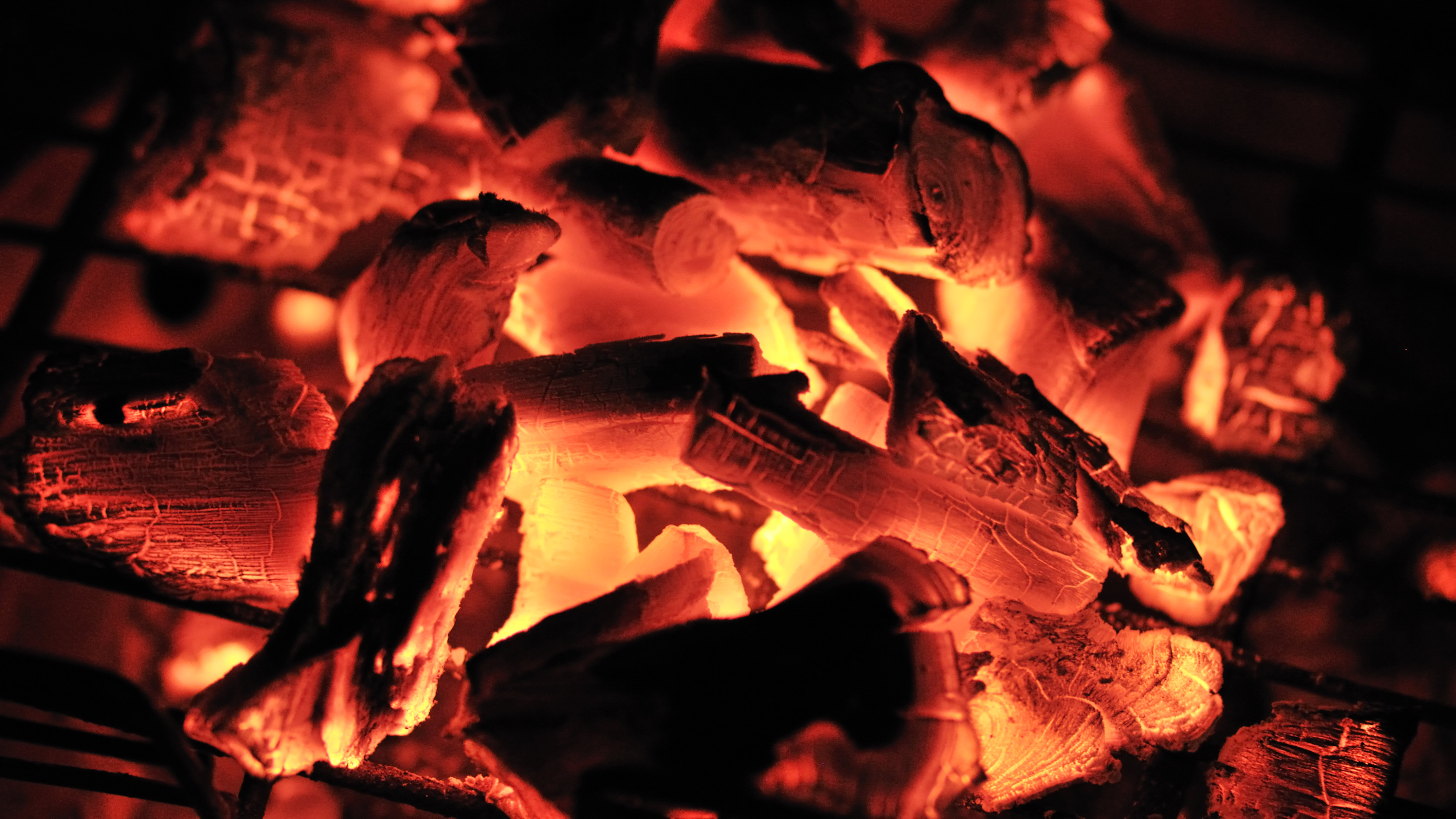 At the time of writing the Eastern Coast of Australia is sweltering through some of the steamiest days on record. So is it really worth your while researching how to cut, split, stack, season and store firewood in summer?
At the time of writing the Eastern Coast of Australia is sweltering through some of the steamiest days on record. So is it really worth your while researching how to cut, split, stack, season and store firewood in summer?
Here is a proverb worthy of consideration:
“Go to the ant, you lazy one; Observe its ways and become wise. Although it has no commander, officer, or ruler, It prepares its food in the summer, And it gathers its food supplies in the harvest”.
If you are longing for a short winter’s day to perch in front of your fireplace with a good novel, then now is the time to think about restocking your fire stock. As electricity bills rise, firewood has never been more cost-efficient and rewarding.
“When I retire I’m going to spend my evenings by the fireplace going through those boxes. There are things in there that ought to be burned.” – Richard M. Nixon
How To Cut Firewood The Easy Way!
Cutting your own firewood is a great workout, but it can be very dangerous. Therefore, safety first! If you do not feel confident using power tools, do not attempt to use them! Safety glasses/goggles may not look cool, but there is nothing more uncool than getting a splinter into your eyes.
Cutting firewood should warm you twice. Once you cut it and once when you burn it.
Only experienced arborists should cut down trees in the Newcastle region. Not only is it a risky pursuit, but there are a lot of council regulations about cutting down trees. The last thing that you need is a hefty fine for cutting down a protected tree in your backyard.
When splitting the logs, use a wedge and not an axe. Each piece of equipment has its own role. Make sure that you know what the primary use of each tool is before you start to use it. You should learn the difference between a maul, axe, sledgehammer and wedge.
Splitting the logs is important as it allows the wood to dry quicker and burn better. The more surface area exposed to the elements the faster the timber will release moisture and season. Adjust the size of your pieces to suit your fireplace.
A mix of softwood and hardwoods is essential for your timber pile. Use the softwood as kindling and the hardwood for generating quality heat.
“There is no place more delightful than one’s own fireplace.” – Marcus T. Cicero
How To Know If Firewood Is Seasoned (Without Using A Moisture Meter)
- Knock two pieces of timber together. Seasoned timber will produce a ringing sound as opposed to a thud.
- Most types of seasoned timber will appear darkish grey when compared to other timbers that are not seasoned which may appear clean and white.
- The bark should be falling away and easy to peel off.
“Though you live near a forest, do not waste firewood.” – Chinese Proverb
How To Store Firewood In Newcastle?
 It does not matter whether you have cut and seasoned your own firewood or bought a load from a professional firewood retailer such as Firewood Newcastle, you need a place to store your timber. After all of the work that has gone into cutting and splitting your timber, don’t ruin it all now by letting it go to rot.
It does not matter whether you have cut and seasoned your own firewood or bought a load from a professional firewood retailer such as Firewood Newcastle, you need a place to store your timber. After all of the work that has gone into cutting and splitting your timber, don’t ruin it all now by letting it go to rot.
- Keep the firewood off the ground so that moisture does not rise up through the stack. This will also allow air to flow upwards through the logs and reduce the moisture content of the firewood. Timber that is stored on the ground will rot and not burn properly.
- Don’t store firewood in your house as it can be a great environment for insects.
- If your storage area is too far away from your house it will be very inconvenient on cold winter mornings when you need some more firewood. Choose a location that is close to your door, but is not resting on your house. Firewood Newcastle delivers firewood in large bulk bags that can be easily stored anywhere on your property. The bulk bags also ensure that splinters and mess don’t go everywhere in the delivery process.
How To Season Firewood
It takes normally about six months for timber in Newcastle to season. Generally, firewood retailers in the Newcastle region start to season their timbers in early spring so that the timbers are ready before the next winter hits.
Seasoning firewood is a long and sometimes difficult process. Firewood retailers use industrial driers to remove the moisture from the timber, but home-owners need to rely on sunlight and ventilation to season the timber.
High-quality firewood needs to be dried to 10-20% moisture content. Some hardwoods can take almost up to two years to properly dry out.
Pile up your firewood in a single line (so that it maximises the surface area exposed to the elements) in an area of your yard where sunlight will shine and that is openly exposed to the winds. It can be quite a difficult process, which is one of the reasons why so many property owners in the Newcastle region rely on firewood retailers such as Firewood Newcastle (especially as they have access to high-quality hardwoods from sustainable sources).
“To poke a wood fire is more solid enjoyment than almost anything else in the world.” Charles Dudley Warner
What Type Of Firewood Should You Use In Newcastle?
If you are using a black oven (for example an Italian forno pizza oven) where you place food in the same compartment as the firewood, it is vital that you do not use any firewood that will release hazardous chemicals or substances into your food
Charcoal and resinous timbers with a high sap content should not be used as excessive soot and carbon monoxide will be seeped throughout the oven.
Quality hardwoods are extremely dense and contain more heat per volume, which results in a hotter and longer burn. It is often noted that timbers with a low resin content are more difficult to ignite, but the benefit is that they provide a longer and more intense burn. Of course, the less moisture content in the wood, the easier it is to burn. When searching for firewood you will likely come across BTU (British Thermal Units) values, which indicate the heat energy content of a piece of firewood. As firewood is burned with the primary goal of creating heat, it makes sense to choose firewood that generates high BTU’s.
For what it is worth, a BTU is the amount of heat energy that is needed to heat one pound of liquid water by one degree. Softer timbers like poplar and spruce have low BTU’s in the 15-16 range, whereas dense hardwoods such as Hickory, Beech have higher BTU’s up to 28.
According to the University of Wollongong timber from telephone poles, railroad beams, pressure treated wood, particle boards, laminated wood, painted wood and old furniture should be avoided as the surface treatment of the wood cause extremely harmful emissions.
 What is New South Wales most popular firewood? River Red Gum. This slow burning hardwood is a premium timber that produces excellent heat and a warm glowing flame. Firewood Newcastle (firewoodnewcastle.com.au) provides seasoned River Red Gum that is excellent for both residential and commercial fire places.
What is New South Wales most popular firewood? River Red Gum. This slow burning hardwood is a premium timber that produces excellent heat and a warm glowing flame. Firewood Newcastle (firewoodnewcastle.com.au) provides seasoned River Red Gum that is excellent for both residential and commercial fire places.
The piano is not firewood – yet. – Regina Spektor


